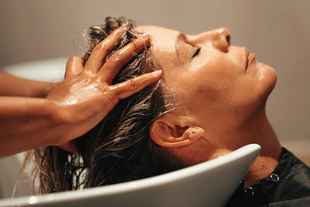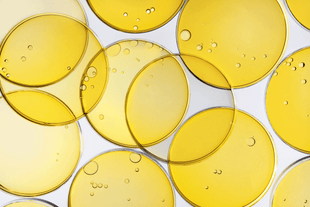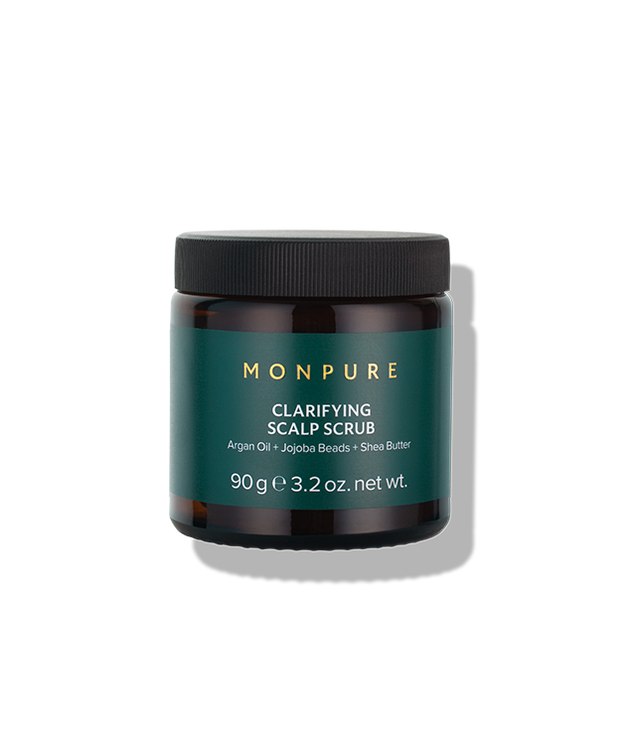If you’re noticing more hair in your hair brush, pillow or shower than usual, your stress levels may be to blame. Stress compromises the health of your body in a variety of ways, the retention of your hair being one of them. Although stress is considered an accepted part of modern-day life, pressure from work, relationships or family traumas take a serious toll on our emotional, psychological and physical well-being and can manifest in all sorts of ways, including hair loss.
What is Stress?
Stress is the body’s natural defence against threat or danger, which causes the blood stream to flood with hormones that activate the body’s fight-or-flight mechanism. The body produces large quantities of a hormone called cortisol, that prepares the body for potentially dangerous or harmful situations.
Cortisol also helps limit other bodily functions that aren’t essential to survival. Once the threat passes, hormones return to their usual levels. However, if you are under constant stress, long-term exposure to stress hormones can wreak havoc on many of the body’s processes, including the hair growth cycle.
Stress Impairs the Hair Growth Cycle
There are around 100,000 hair follicles on the adult scalp. Each hair follicle is constantly and independently cycling between three stages of growth. Hair loss is a normal part of our hair growth cycle. We lose between 50 and 100 hairs every day, without cause for concern.
- In the anagen (growth) phase, hair strands are active and push through the scalp. During this phase, the hair is attached to the follicle and is continuously nourished by surrounding blood vessels. Normally, more than 80% of our hairs are in the anagen phase.
- In the catagen (transitional) phase, hair ceases to grow and the follicle at the base of the hair strand shrinks. Approximately 3% of our hairs are in the catagen phase at a time.
- In the telogen (resting) phase, hair falls out and the process begins again.
Research indicates that increased cortisol levels, produced by periods of stress, inhibits hair regrowth. A prominent study from Harvard University in 2021 illustrating the link between stress and hair loss found that:
- Exposure to stress hormones over many weeks reduces hair growth as hair follicles remain in an extended telogen (resting) phase.
- Cortisol prevents the dermal papilla (a cluster of specialised cells that reside at the base of the hair follicle) from secreting a key molecule that activates hair follicle stem cells.
- Inhibiting the production of cortisol leads to rapid cycles of hair regrowth in mice. Hair follicle regeneration doesn’t slow as they grow older. Instead, hair follicle stem cells continue to enter the anagen (growth) phase and regenerate hair follicles throughout the lifespan.
Types of Stress-Related Hair Loss
Telogen Effluvium refers to a sudden onset of hair loss that is usually triggered by stress, trauma or serious illness. It results in an excessive amount of hair loss in which up to 70% of anagen hairs can abruptly shift into the telogen phase (versus the normal 15% that elicits shedding before a new anagen phase).
Hair loss usually occurs 2-4 months after the eliciting incident. However, it does resolve itself over time. As opposed to gradual and regressing hair thinning, stress-induced hair is ‘reversible’, in that the shed hair can regrow with time. In this case, hair loss is experienced diffusely throughout the scalp.
The good news about this form of stress-induced hair loss is that it is temporary, and hair should return to its pre-effluvium density if you manage your stress and bring it under control. It can take less than 6 months for the shedding to stop, while new hair growth can begin in a matter of months.
Trichotillomania is a compulsive hair pulling disorder that is usually accompanied by a number of emotional states, including stress and anxiety. People with this disorder experience an irresistible urge to pull out hair from their scalp, eyebrows or other areas of the body as a way to soothe negative or uncomfortable feelings. Trichotillomania is generally triggered by periods of intense stress and usually manifests in unusually shaped bald patches on the scalp.
Constant hair pulling from the scalp can result in patches of hair loss, as well as scarring and infected hair follicles. It can also lead to scarring alopecia, where the pulled-out hair doesn’t always grow back. Hair pulling and subsequent hair loss can be very distressing for the person suffering it, and can interfere with their day to day lives and self-esteem.
Read Hattie’s Trichotillomania story here.
Alopecia Areata is an autoimmune condition in which the body’s immune system attacks the hair follicles, leading to patchy hair loss. Although the exact cause remains unclear, this autoimmune response may be triggered by periods of stress, among other factors.
How Does Stress Affect the Scalp?
Not only does stress affect our hair follicles directly, it also plays a part in the condition of our scalp, and in turn, the retention of our hair. According to our resident dermatologist, Dr. Sue Ann Chan, "Stress raises levels of androgens (male hormones) in our body. This causes our scalp to become oilier, which dandruff-causing yeast love to feed on (hence the itching)."
Treat your Stressed-Out Scalp
The MONPURE range is formulated to improve scalp and hair health holistically, working to create the best possible environment for hair to thrive. Our solutions work to improve the condition of the scalp after bouts of stress, provide a sensory experience that relieves tension and stimulate follicular activity to optimise hair retention.
The scalp is a delicate microbiome and incubator that requires balance and nourishment to support the health of hair follicles. Introducing a gentle scalp scrub into your routine removes build-up, excess oils and dead skin cells that leave a residue on the scalp, and ultimately clog follicles and impede healthy hair growth. A scalp scrub also works to hydrate and moisturise dry, itchy skin and buffs away any flakes that may have been exacerbated by bouts of stress and anxiety.
The Clarifying Scalp Scrub, starring biodegradable jojoba beads, argan oil and shea butter, is the perfect gentle exfoliant to improve scalp health and prime the scalp for much needed nutrients and ingredients that will allow hair to prosper.
During a stressful period, there’s nothing quite like a relaxing scalp massage to ease the tension. Introducing a weekly treatment, like the Nourish and Stimulate Scalp Mask, will work to improve scalp health by delivering an intense hit of nourishment and essential vitamins to the scalp and follicles that stimulate healthy hair growth.
Leave it on for 15 minutes before your hair wash routine so that the aloe vera can go to work calming any stress-induced inflammation, while exfoliating lactic acid speeds up cell turnover for new growth and camellia tea oil delivers your follicles the nutrients they need.
To top off your stress-reducing regime, look no further than the Hydrate and Soothe Scalp Serum. If you are experiencing a dry, itchy or flaky scalp as a result of stress, this calming antidote contains a unique blend of anti-inflammatory and hydrating ingredients such as aloe vera, witch hazel water, salicylic acid, Pro Vitamin B5 and allantoin. Inhaling the wonderful aromas of sweet orange, grapefruit and sandalwood is a perfect way to indulge in some much-needed self-care during times of stress.
In the face of stress-induced hair loss, the bestselling Follicle Boost Hair Density Serum is the perfect targeted solution to promote thicker, fuller hair with consistent use. Formulated with DHT-blocking pumpkin seed extract, stimulating rosemary oil, castor oil and coffee extract, as well as cell-renewing retinol and lactic acid, this solution is effective in promoting healthy hair regrowth and the optimal scalp condition to support it.
MONPURE EXPERT TIP: Maximise the effects of your favourite MONPURE serum by introducing the Heal and Energise Jade Comb into your hair growth regime, with an ancient Chinese technique called ‘combing therapy’. Combing works to de-stress the scalp by stimulating the body’s meridian channels, regulating mood, improving blood circulation and promoting positive energy.

















